Advance shows promise for “meta-bots” designed to deliver drugs or aid rescue missions.
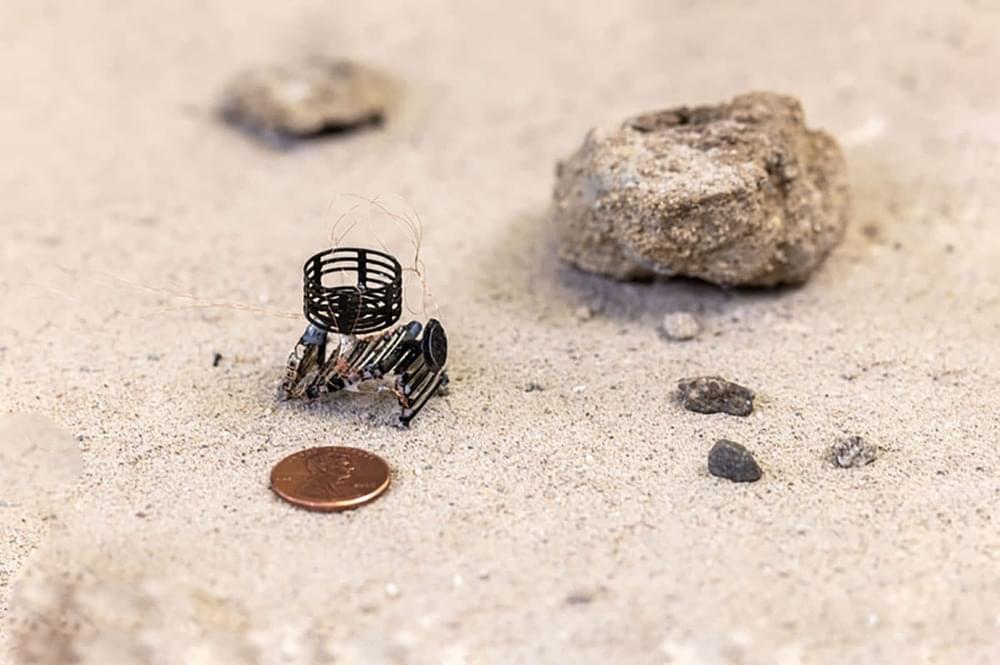


Sign in Welcome! Log into your account your username your password Forgot your password? Get help Default Kit Password recovery Recover your password your email A password will be e-mailed to you. HometechA celebrated AI has learned a new…
Artificial intelligence has altered the practise of science by enabling researchers to examine the vast volumes of data generated by current scientific instruments. Using deep learning, it can learn from the data itself and can locate a needle in a million haystacks of information. AI is advancing the development of gene searching, medicine, medication design, and chemical compound synthesis.
Scientists Detect Fastest-Growing Black Hole in the Universe
To extract information from fresh data, deep learning employs algorithms, often neural networks trained on massive volumes of data. With its step-by-step instructions, it is considerably different from traditional computing. It instead learns from data. Deep learning is far less transparent than conventional computer programming, leaving vital concerns unanswered: what has the system learnt and what does it know?
Join us on Patreon!
https://www.patreon.com/MichaelLustgartenPhD
Cronometer Discount Link:
https://shareasale.com/r.cfm?b=1390137&u=3266601&m=61121&urllink=&afftrack=
Papers referenced in the video:
Age and sex variation in serum albumin concentration: an observational study.
https://pubmed.ncbi.nlm.nih.gov/26071488/
Commonly used clinical chemistry tests as mortality predictors: Results from two large cohort studies.
https://pubmed.ncbi.nlm.nih.gov/33152050/
Calculate your biological age with Levine’s test using the downloadable Excel file in this link:

Stress – whether it’s job strain, emotional wrangles or health worries – is something we all experience. However, a new study from USC shows stress accelerates aging of the immune system, potentially increasing a person’s risk of cancer, cardiovascular disease and illness from infections such as COVID-19 [1].
Longevity. Technology: The new research, which has been published in the Proceedings of the National Academy of Sciences, could help explain disparities in age-related health, including the unequal toll of the pandemic, and identify possible points for intervention.
“As the world’s population of older adults increases, understanding disparities in age-related health is essential. Age-related changes in the immune system play a critical role in declining health,” said lead study author Eric Klopack, a postdoctoral scholar in the USC Leonard Davis School of Gerontology. “This study helps clarify mechanisms involved in accelerated immune aging [2].”
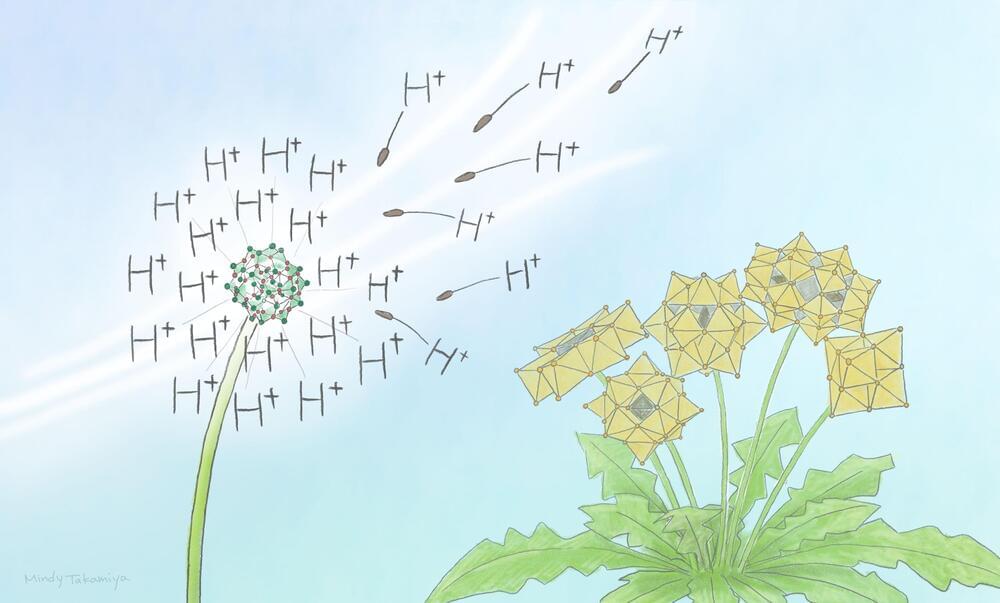
Scientists at Kyoto University’s Institute for Cell-Material Sciences have discovered a novel cluster compound that could prove useful as a catalyst. Compounds, called polyoxometalates, that contain a large metal-oxide cluster carry a negative charge. They are found everywhere, from anti-viral medicines to rechargeable batteries and flash memory devices.
The new cluster compound is a hydroxy-iodide (HSbOI) and is unusual, as it has large, positively charged clusters. Only a handful of such positively charged cluster compounds have been found and studied.
“In science, the discovery of new material or molecule can create a new science,” says Kyoto University chemist Hiroshi Kageyama. “I believe that these new positively charged clusters have great potential.”

The Beginnings of a biotechnology revolution in Saudi Arabia?
The Saudi royal family, led by king Salman bin Abdulaziz have announced the formation of a non-profit research foundation which intends to spend $1 billion of the countries considerable annual oil revenue on supporting anti-aging research. If such funding materialises, it will make Saudi Arabia the single greatest financial contributor to longevity research.
The Saudi royal family aims to distribute this funding through a non-profit organisation called the Hevolution Foundation 0, which was founded by Dr Mehmood Khan, formerly of the Mayo Clinic. In a formal introduction to the Hevolution Foundation, Dr Khan had the following to say.
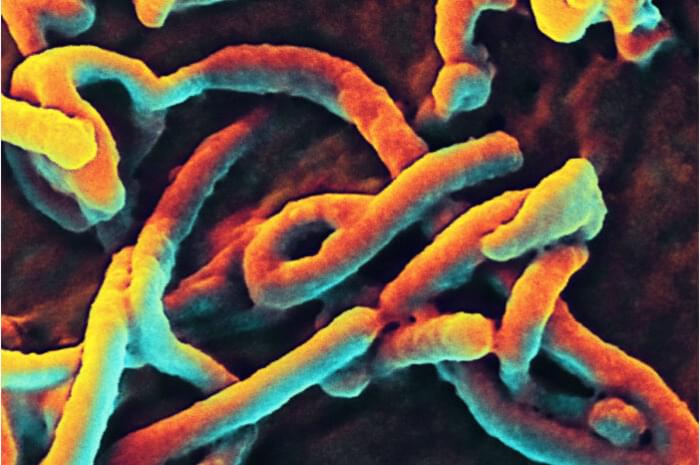
A new tool can quickly and reliably identify the presence of Ebola virus in blood samples, according to a study by researchers at Washington University School of Medicine in St. Louis and colleagues at other institutions.
The technology, which uses so-called optical microring resonators, potentially could be developed into a rapid diagnostic test for the deadly Ebola virus disease, which kills up to 89% of infected people. Since it was discovered in 1976, Ebola virus has caused dozens of outbreaks, mostly in central and west Africa. Most notable was an outbreak that began in 2014 and killed more than 11,000 people in Guinea, Sierra Leone and Liberia; in the U.S., the virus caused 11 cases and two deaths. A rapid, early diagnostic could help public health workers track the virus’ spread and implement strategies to limit outbreaks.
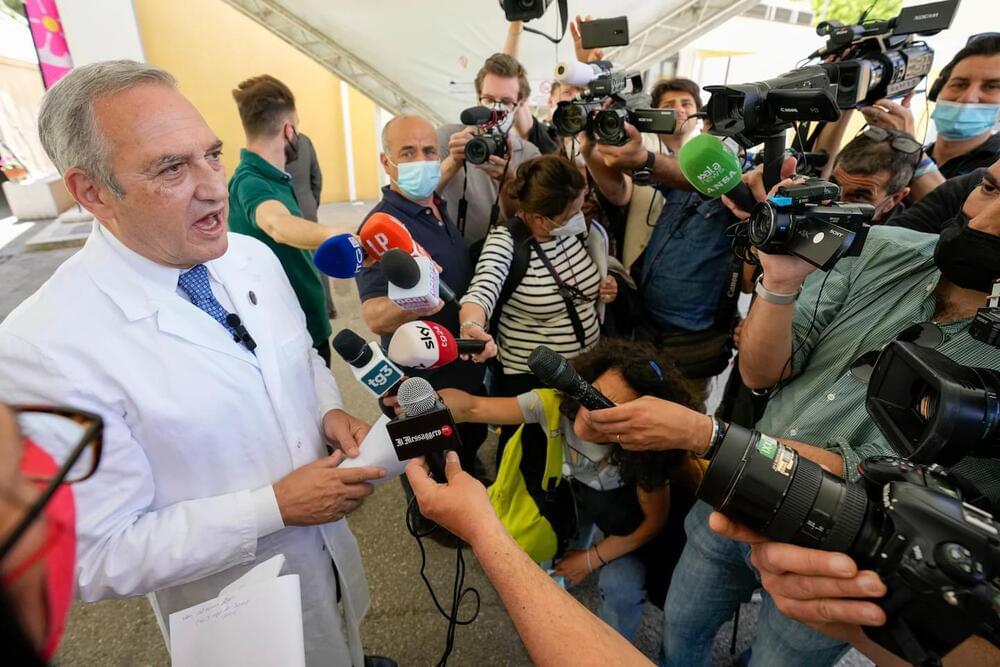
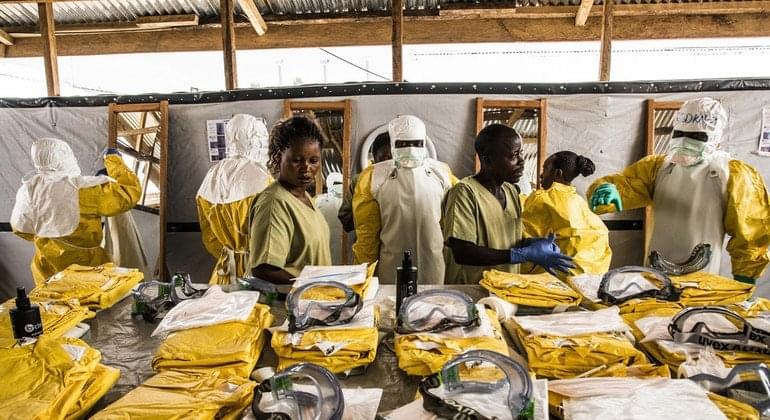
A University of Minnesota research team has made mind-reading possible through the use of electronics and AI.
Researchers at the University of Minnesota Twin Cities have created a system that enables amputees to operate a robotic arm using their brain impulses rather than their muscles. This new technology is more precise and less intrusive than previous methods.
The majority of commercial prosthetic limbs now on the market are controlled by the shoulders or chest using a wire and harness system. More sophisticated models employ sensors to detect small muscle movements in the patient’s natural limb above the prosthetic. Both options, however, can be difficult for amputees to learn how to use and are sometimes unhelpful.